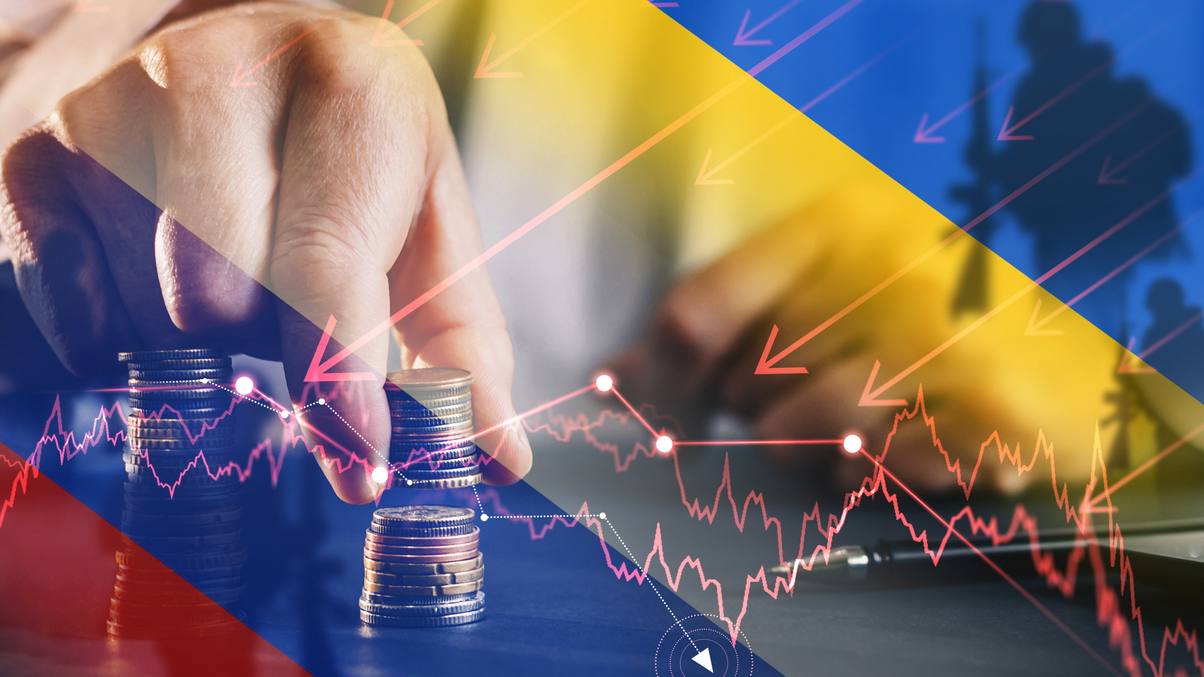Outflows from Russia unlikely to benefit Asian markets
A growing list of corporates and investors have committed to pulling their investments from Russia, leaving observers to ponder where the outstanding funds will flow.

A version of this article was first published on FinanceAsia.
Sign in to read on!
Registered users get 2 free articles in 30 days.
Subscribers have full unlimited access to AsianInvestor
Not signed up? New users get 2 free articles per month, plus a 7-day unlimited free trial.
¬ Haymarket Media Limited. All rights reserved.


